

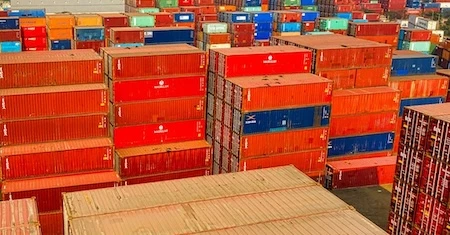
Most non-commercial, exhibiting importers and exporters recognize the value and role of ATA Carnets in the complicated field of trade. While the World Customs Organization (WCO) and the International Chamber of Commerce (ICC) both have standard guidelines and general regulations, each participating country holds the right to change or alter these to comply with their country’s laws and rules regarding trade.
Countries and territories that accept ATA Carnets, are allowed to change or alter their requirements at any time, so it is best advised that an ATA-Carnet holder reviews specific information in every country they intend on visiting.
Some of the strictest ATA member countries include Mexico, China, India, and Brazil. Follow this guide to find out the specifications of each country.
Carnet Authority: Mexico City National Chamber of Commerce (CANACO)
Special Considerations:
- Instead of one year, Mexico will allow goods to stay in its origins for up to six months. However, Carnet holders can apply for an extension of up to six additional months. The United States allows for the goods to stay for up to one year, with the possibility of an extension.
- The Mexican Customs requires a Spanish translation of the General List of contents. This can be arranged when applying for the Carnet online.
- You must register Carnets prior to arrival in Mexico.
Carnet Authority: China Council for the Promotion of International Trade (CCPIT) and China Chamber of International Commerce (CCOIC)
Special Considerations:
- For Cargo shipments, customs brokers must contact the Carnet guaranteeing associations in China to electronically register the data, before making an import declaration to the Chinese Customs.
- The Chinese Customs requires a Chinese translation of the General List of contents. This can be arranged when applying for the Carnet online.
Carnet Authority: Federation of Indian Chambers of Commerce & Industry (FICCI)
Special Considerations:
- India only allows for goods to stay within its origins for up to six months. To remain longer than six months, you must apply for an extension from the Customs Office of Import before the six months are over.
- India requires a security deposit of 55% of the value of imported goods, for all shipments that arrive on a U.S.-issued Carnet.
Carnet Authority: The Confederação Nacional da Indústria/ National Confederation of Industry (CNI)
Special Considerations:
- Brazil requires a security deposit of 60% of the value of imported goods, for all shipments that arrive on a U.S.-issued Carnet. This number rises to 100% or 150% bond requirement for road vehicles.
- Only accepts ATA Carnets for professional equipment, and exhibitions and fairs.
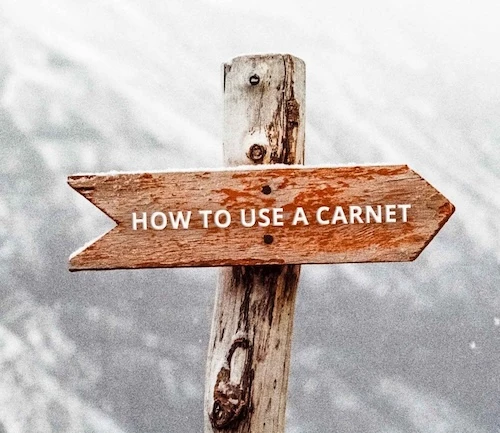
It has been established: ATA Carnets make the import/export experience of non-commercial goods so much easier, however, the usage of this document, has its own complications and concerns. Many Carnet holders often show concern about when to use each part
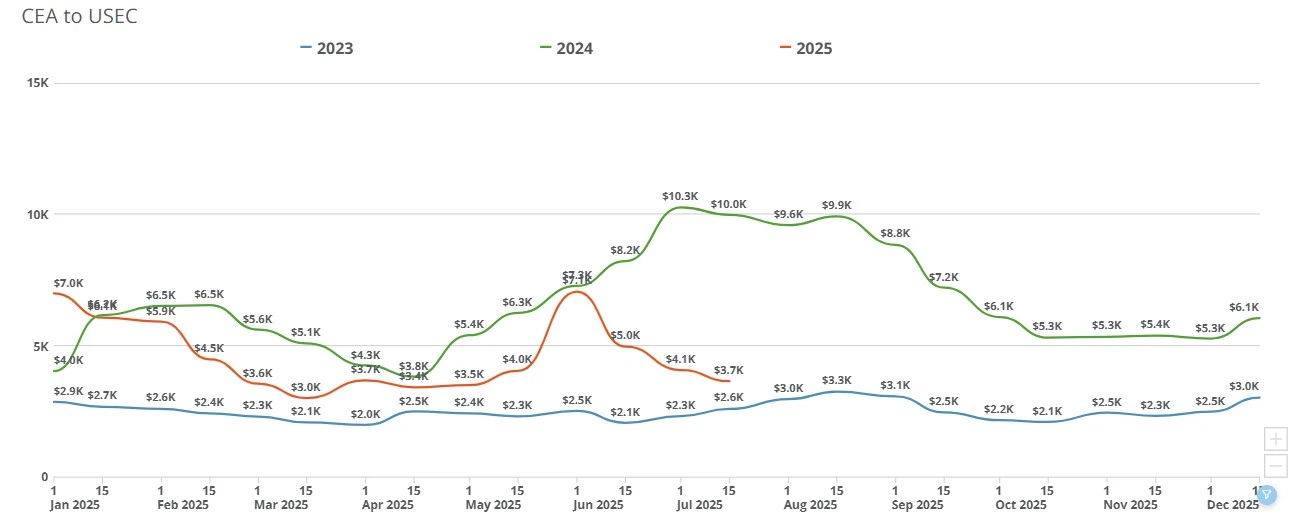
As the deadline before reciprocal tariffs take place, the Trump administration continues to make deals with nations around the world. Importers are back to taking a wait-and-see approach while rates USWC and USEC remain unchanged.
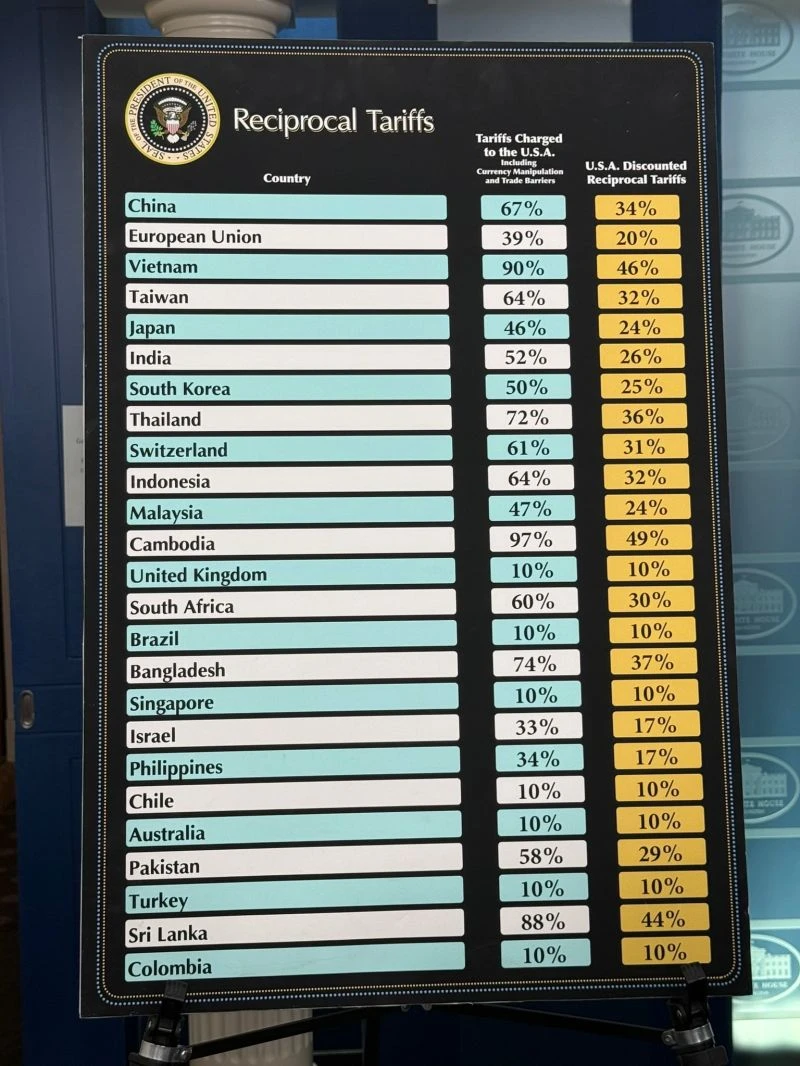
On April 2nd, the Trump administration announced reciprocal tariffs aimed at 50 countries and a baseline 10% tariff on all imports to the US. Here are the latest tariffs the US plans to levy against other countries.
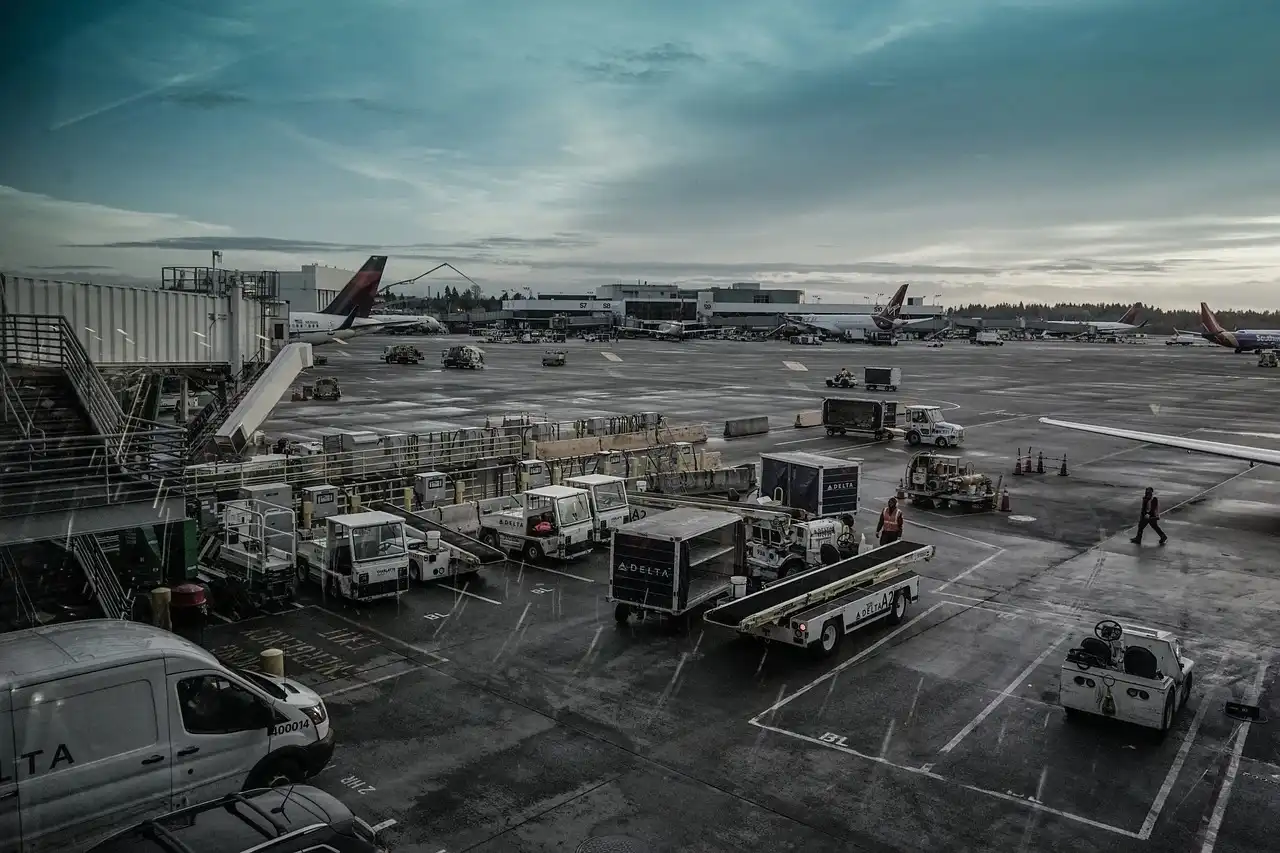
Freight Right leads in LAX customs brokerage, managing over 100K tons of air cargo annually. Discover our role in LAX’s cargo efficiency and compliance.

The International Chamber of Commerce (ICC) now offers a full-blown app to facilitate a faster ATA Carnet process
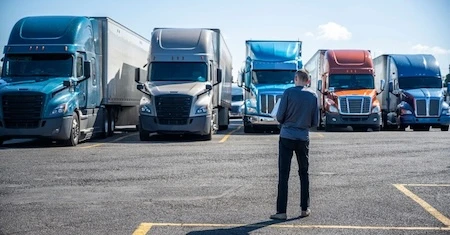
Do you really need multiple customs brokers? Find out how a single freight forwarding and customs brokerage provider saves you time and money.
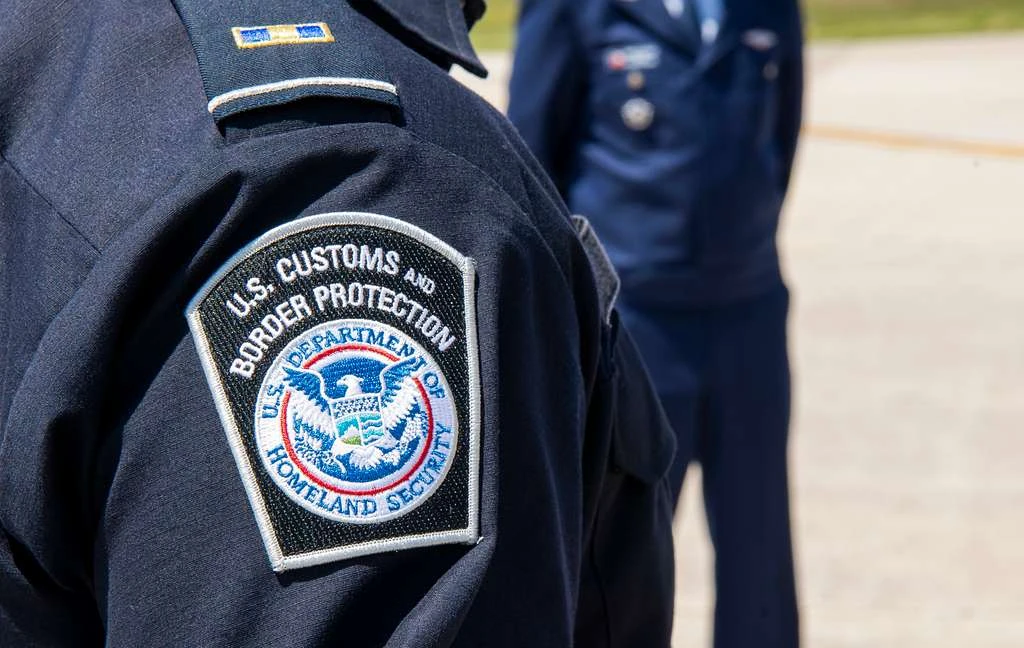
On April 24th, The US Department of Homeland Security and US Customs & Border Protection have released new guidance around the end of the US' de minimis exception. See the changes ahead for importers and customs professionals.
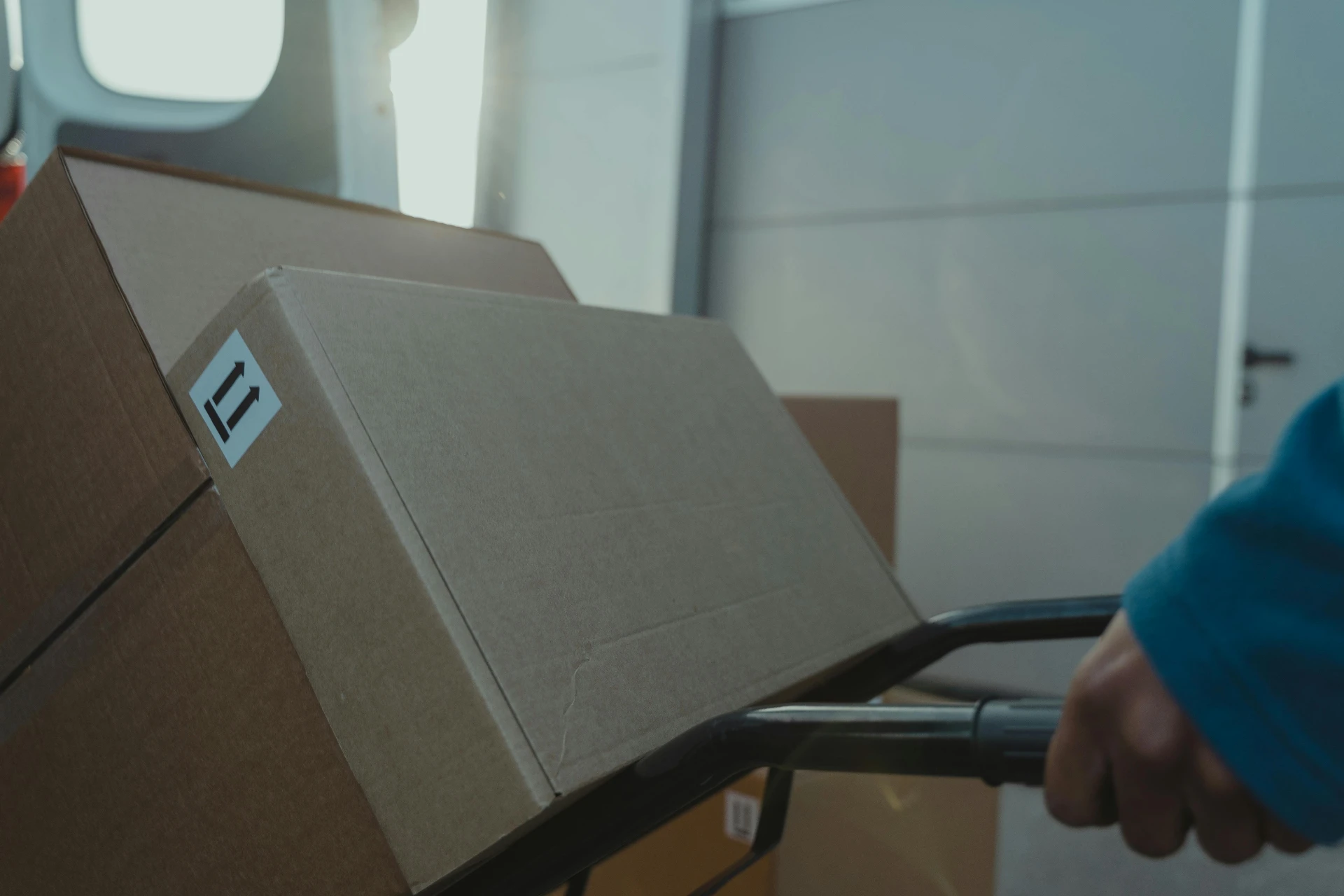
Freight Right CEO Robert Khachatryan joins the E-commerce Coffee Break podcast to share insights on shipping large, heavy, and high-value goods internationally, avoiding hidden costs, and expanding into 45+ markets without a local presence.
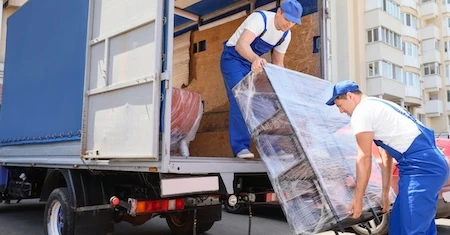
In the hospitality and hotel sectors, the success of a project often hinges on countless elements working together seamlessly. Among these, shipping Furniture, Fixtures, and Equipment (FF&E) plays an integral role, often influencing a project's timeline,

FEU & TEU rates change slightly week-over-week, importers that can afford to keep importing are continuning to do so while those that are hamstrung by tariffs are sidelined and the August 1st tariff deadline is one week away.